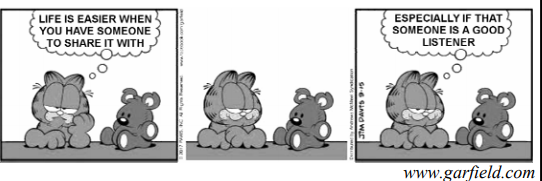Questões Militares de Inglês - Adjetivos | Adjectives
Foram encontradas 47 questões
 The word “easier”, in the text, is in the:
The word “easier”, in the text, is in the: To tip, or not to tip?
The word tip comes from an old English slang. Americans usually tip people in places like restaurants, airports, hotels, and hair salons.
From Nail bars to car washes: how big
is the UK’s slavery problem?
by Annie Kelly
Does slavery exist in the UK?
More than 250 years since the end of the
transatlantic slave trade, there are close to 41
million people still trapped in some form of slavery
across the world today. Yet nobody really knows
the scale and how many victims or perpetrators of
this crime there are in Britain.
The data that has been released is inconsistent. The government believes there are about 13,000 victims of slavery in the UK, while earlier this year the Global Slavery Index released a much higher estimate of 136,000.
Statistics on slavery from the National Crime Agency note the number of people passed on to the government’s national referral mechanism (NRM), the process by which victims of slavery are identified and granted statutory support. While this data gives a good snapshot of what kinds of slavery are most prevalent and who is falling victim to exploiters, it doesn’t paint the whole picture. For every victim identified by the police, there will be many others who are not found and remain under the control of traffickers, pimps and gangmasters.
There are also many potential victims who don’t agree to go through the mechanism because they don’t trust the authorities, or are too scared to report their traffickers. Between 1 November 2015 and 30 June 2018, the government received notifications of 3,306 potential victims of modern slavery in England and Wales who were not referred to the NRM.
[…]
The police recorded 3,773 modern slavery offences between June 2017 and June 2018.
[…]
(Source: https://www.theguardian.com/global-development/2018/ oct/18/nail-bars-car-washes-uk-slavery-problem-anti-slavery-day. Access: 20/10/2018)
Read the text and answer questions
Ursula! I whispered
Yes, my darling, she said, without __________ her eyes.
What have you got in your basket? I asked. She opened her eyes, startled, and looked at me.
What do you mean? she said defensively.
There is something moving in your basket, I said.
Oh, it’s nothing. It’s just a present for somebody. She said.
Adapted from, FERGUSON, Kenneth. Read for Meaning,
Comprehension tests for First Certificate. Ed. Evans Brothers, first
Published 1975.
